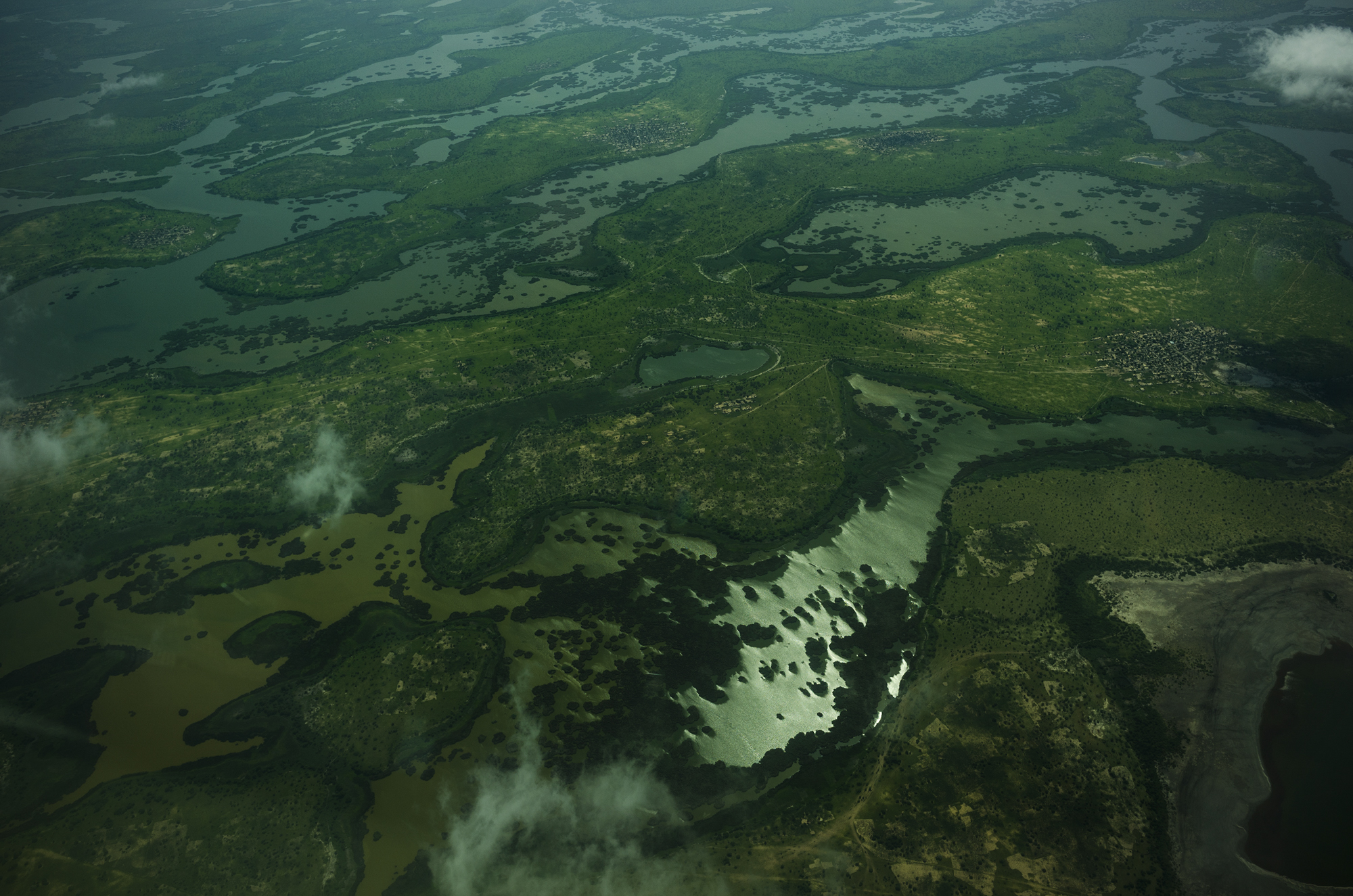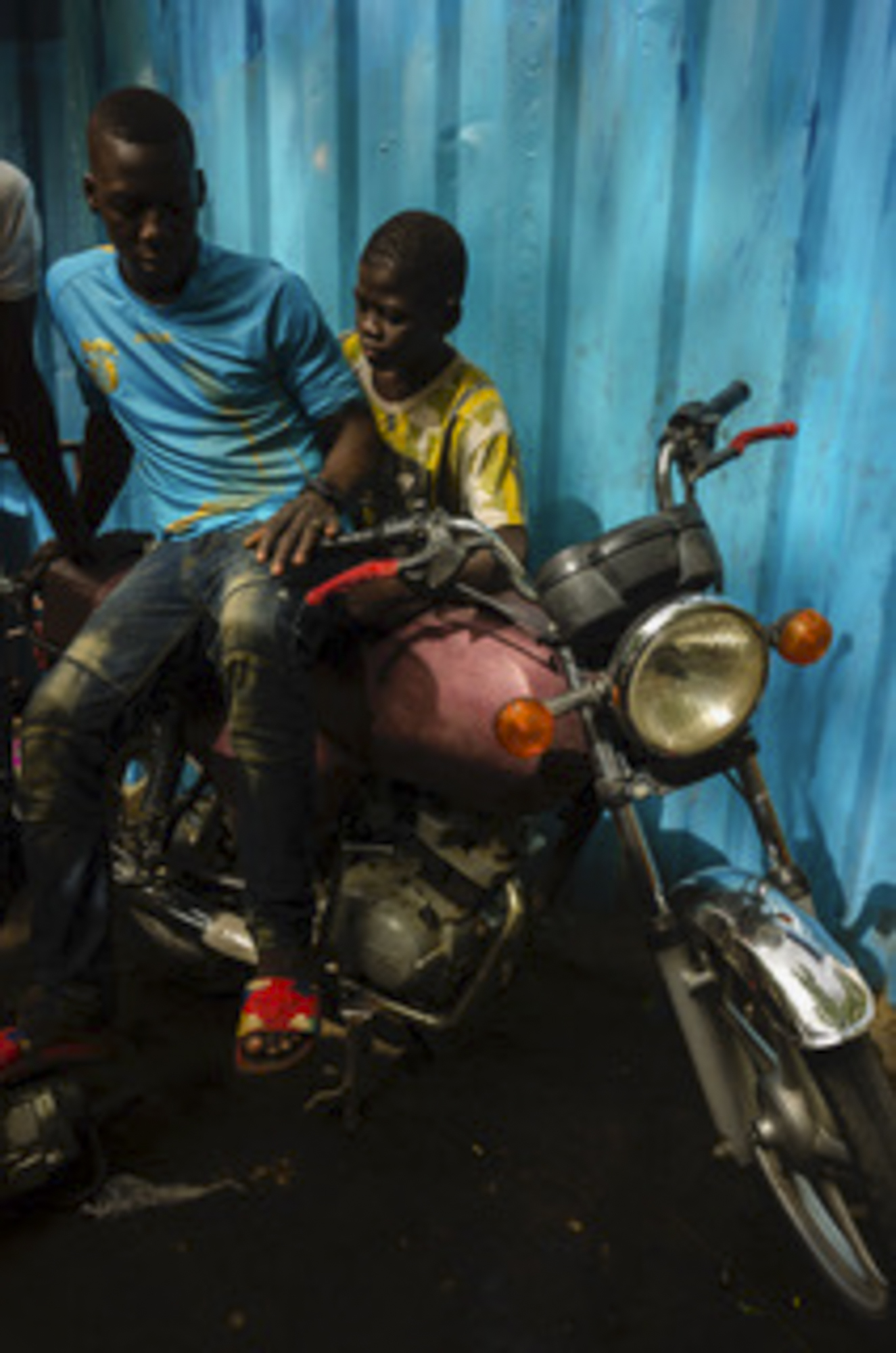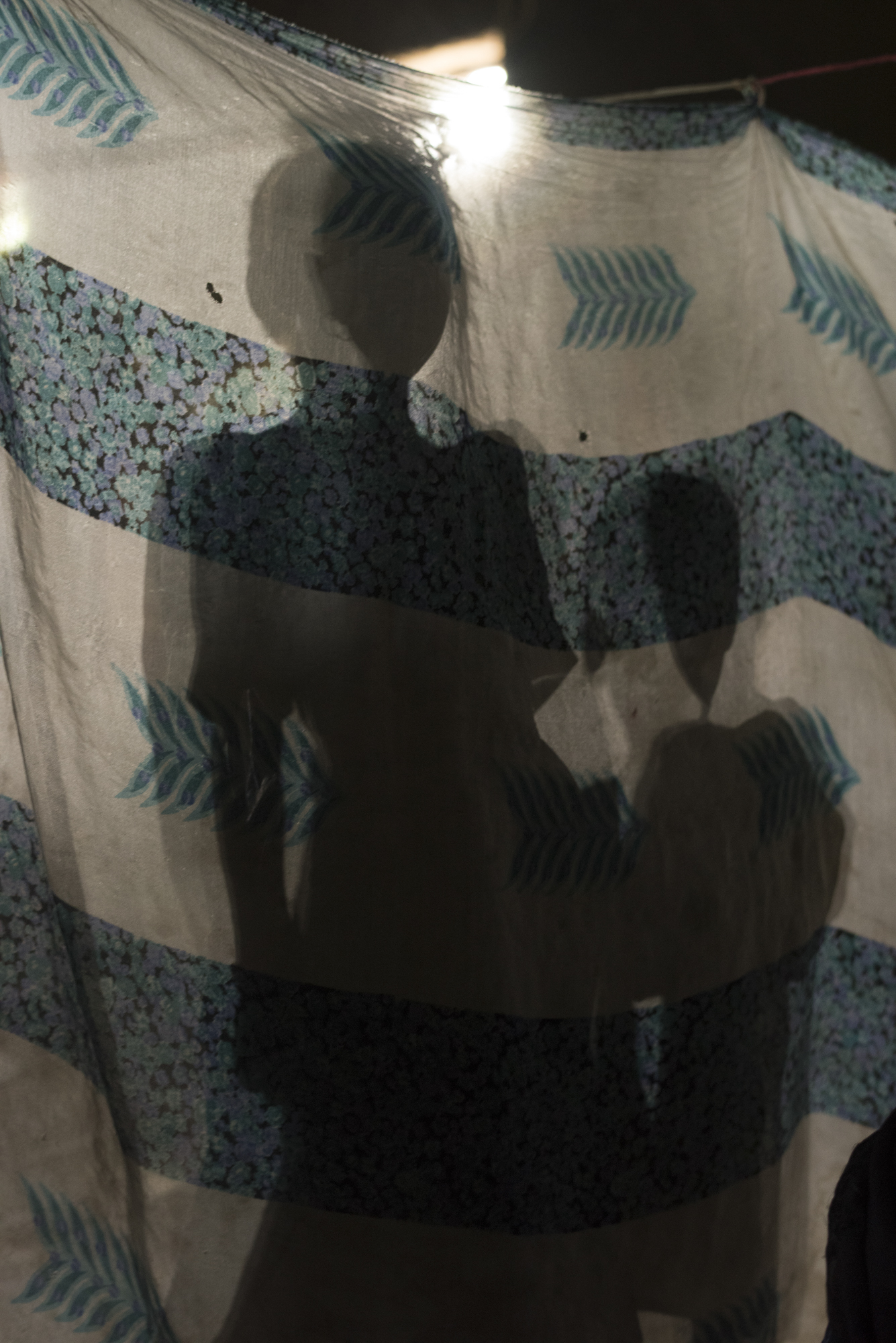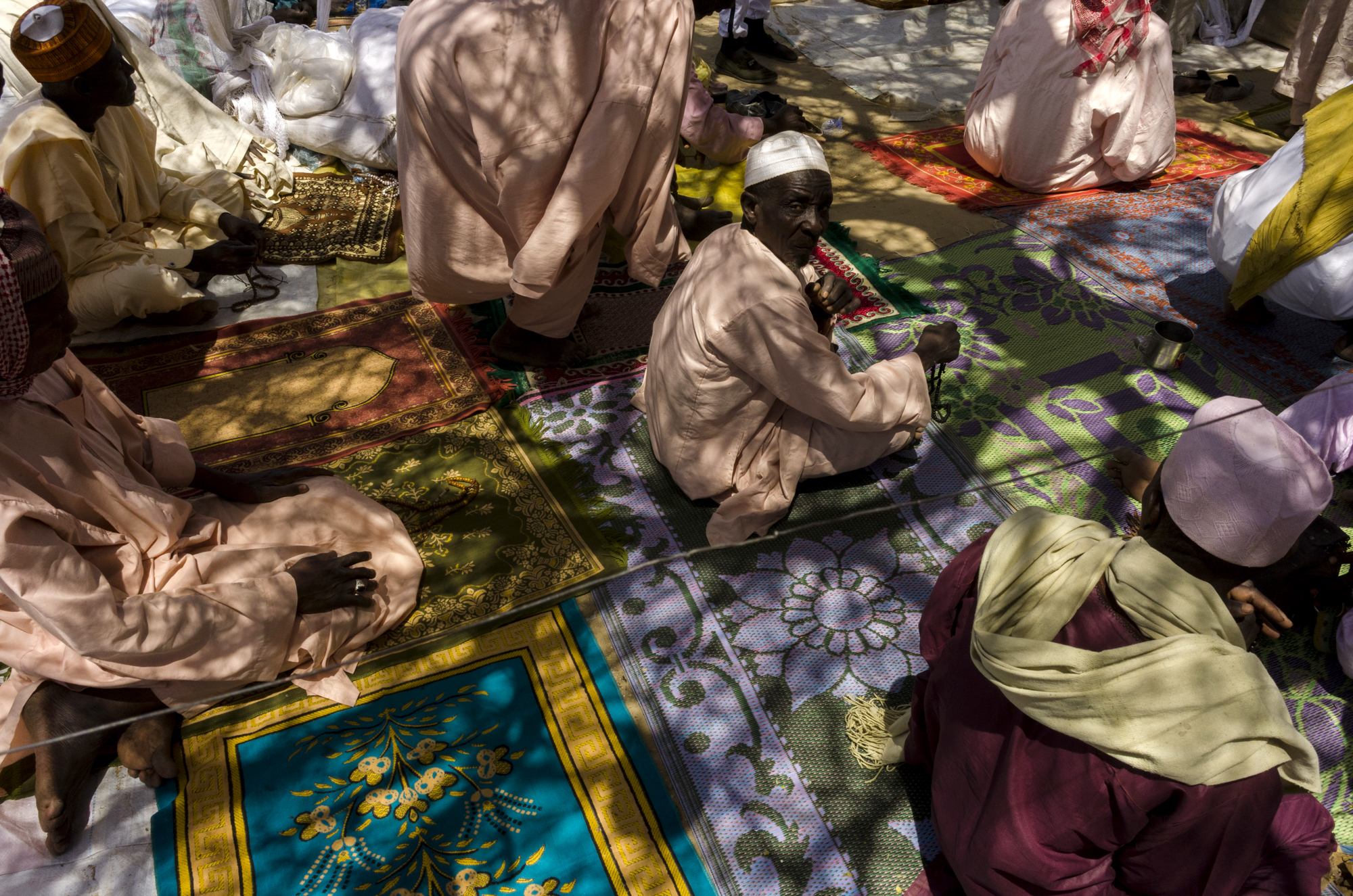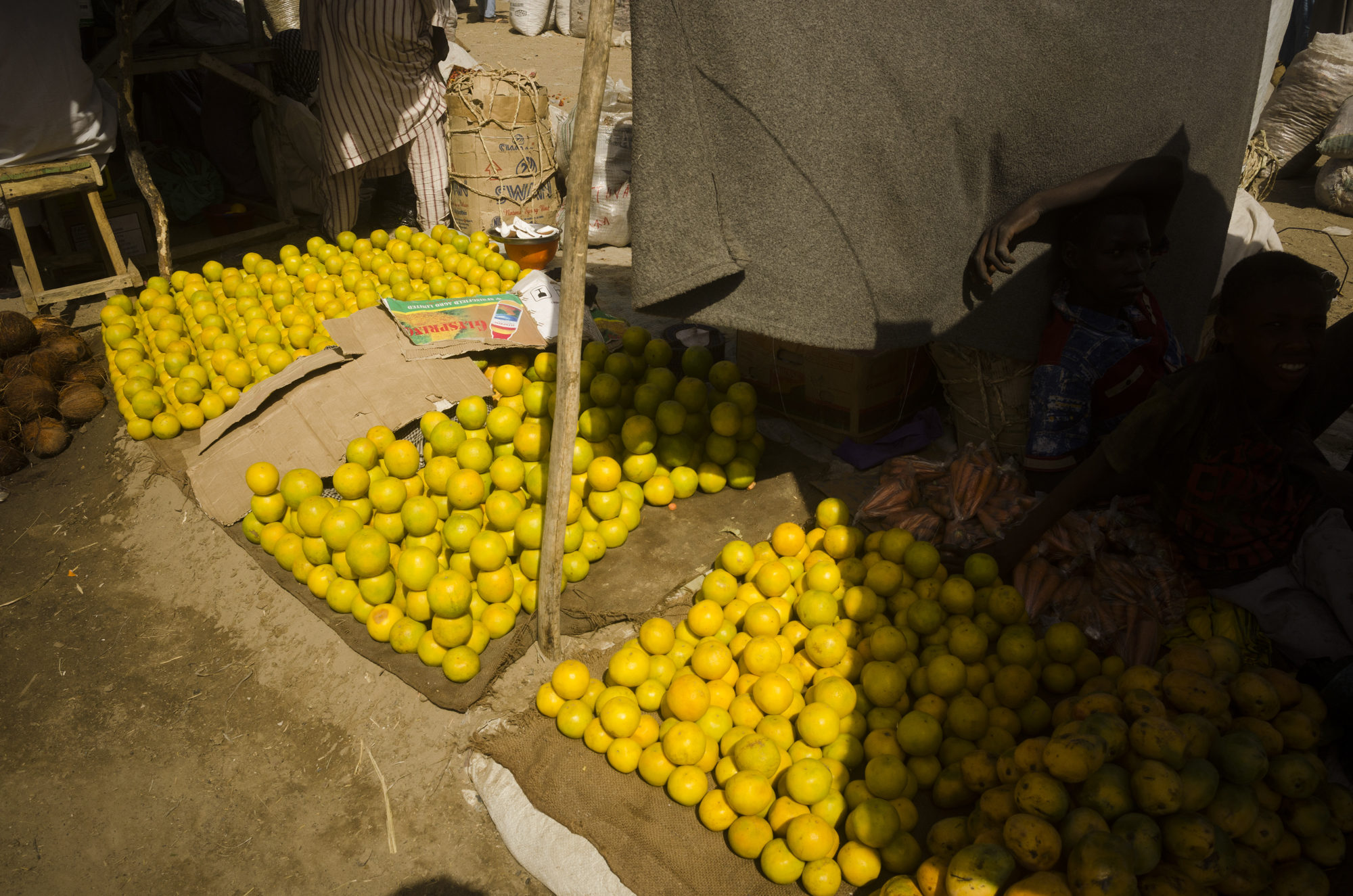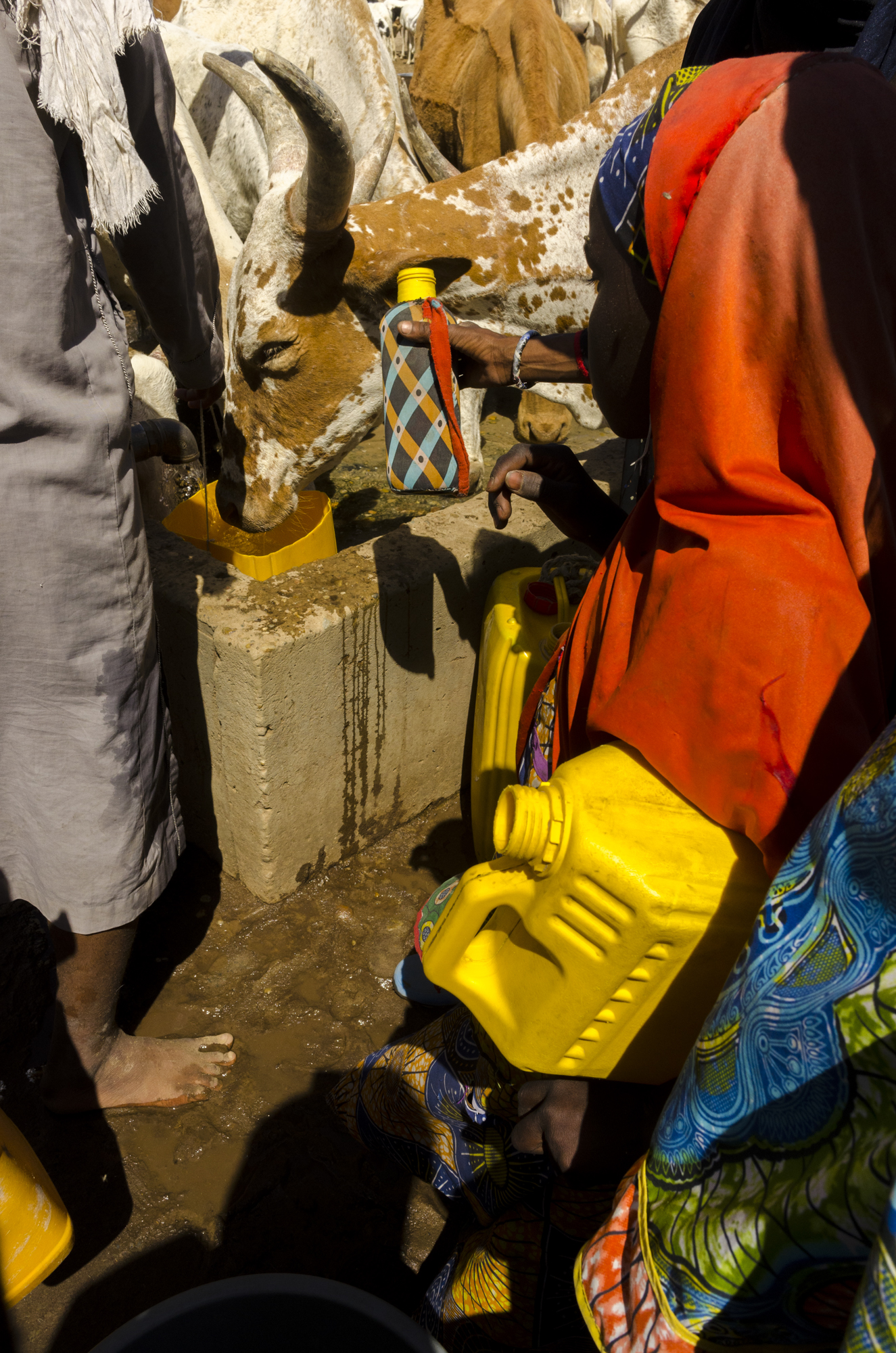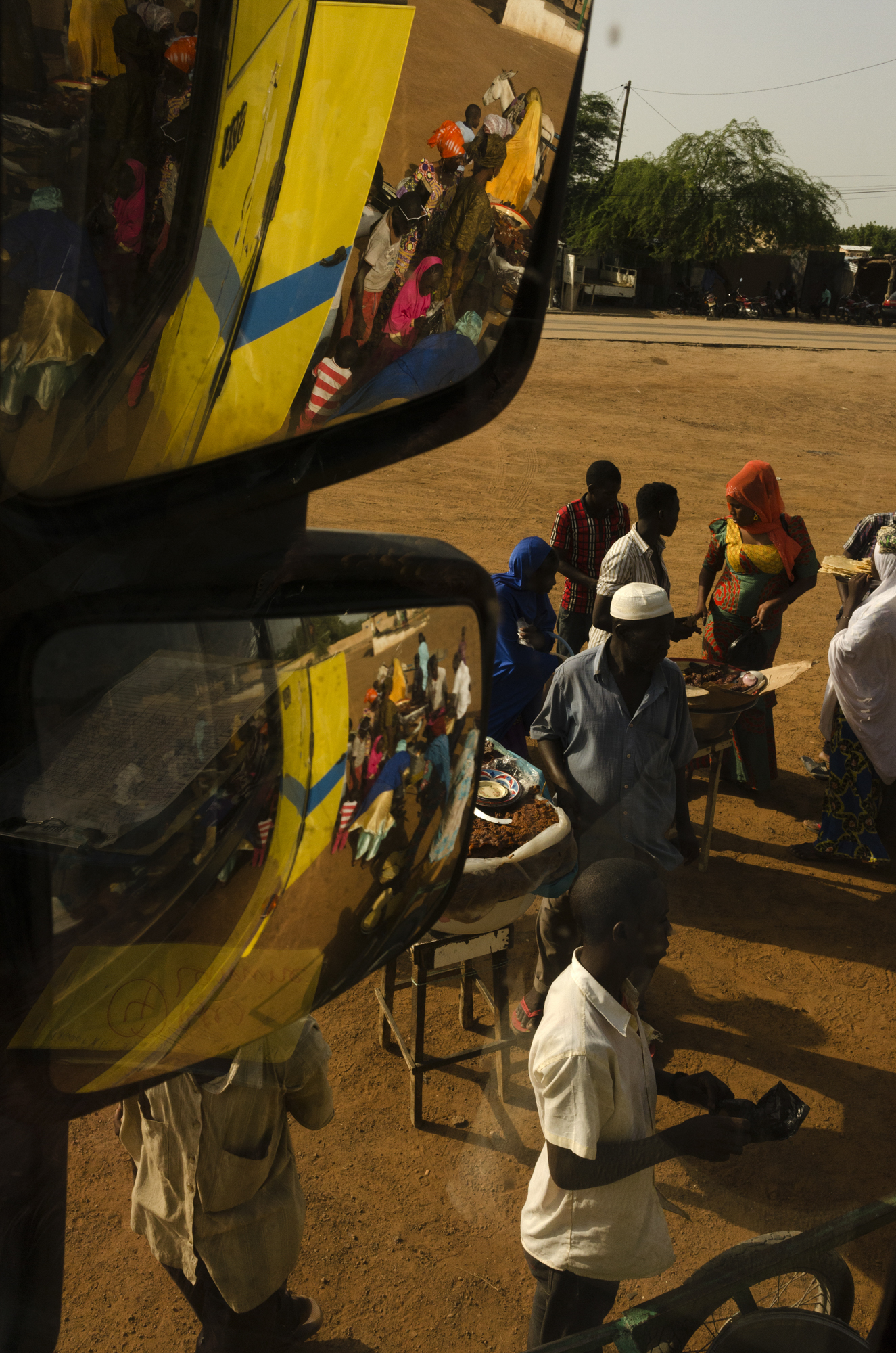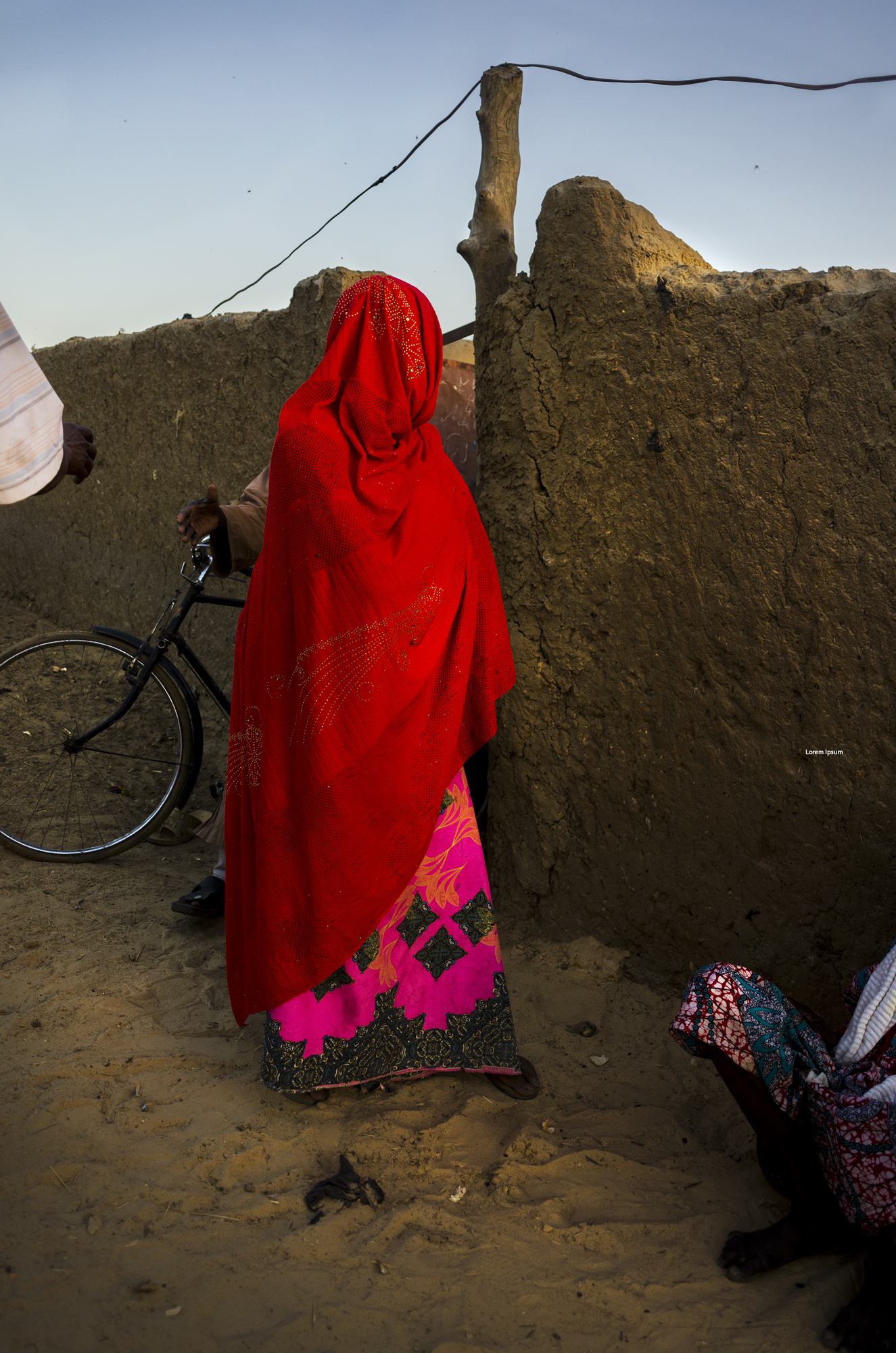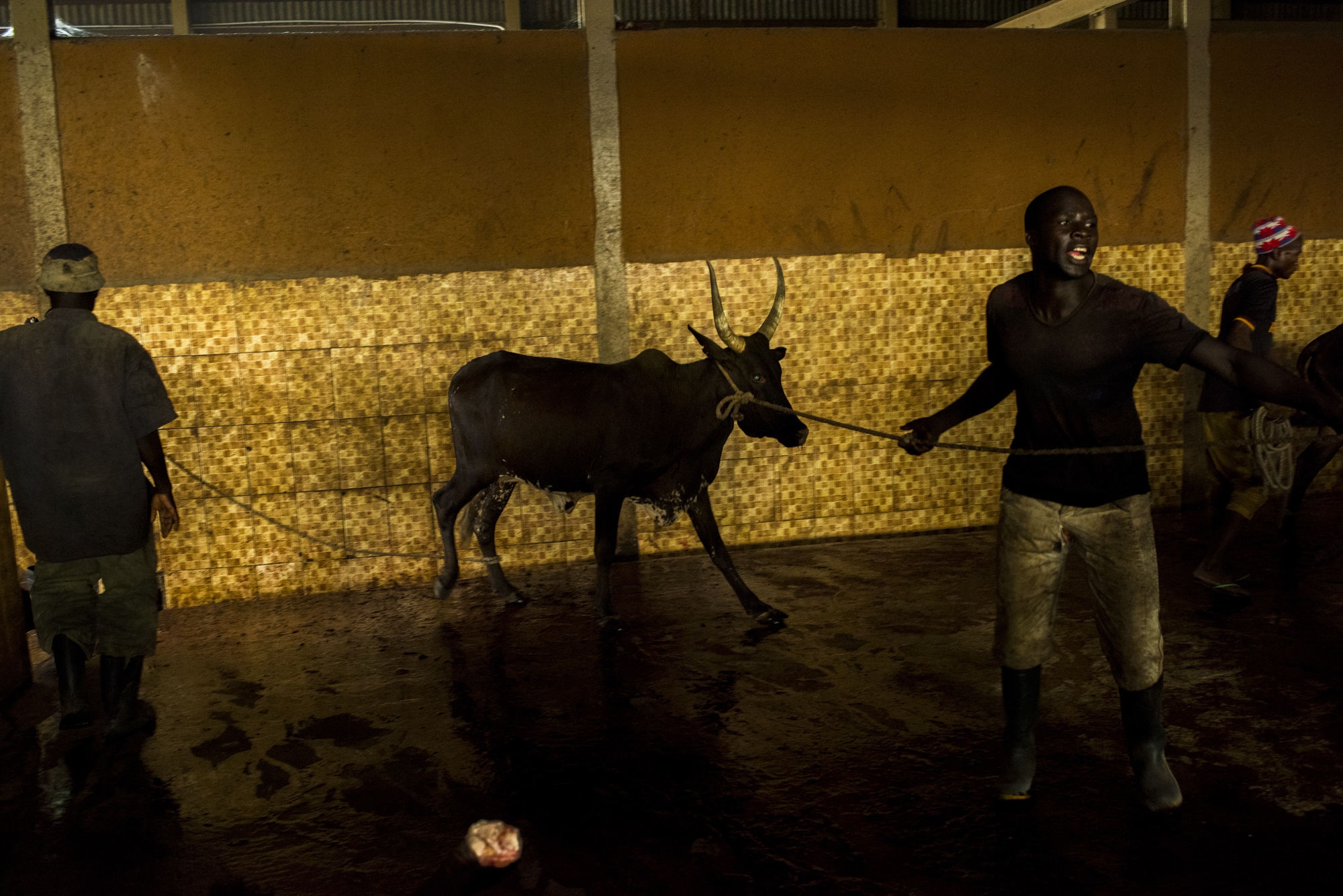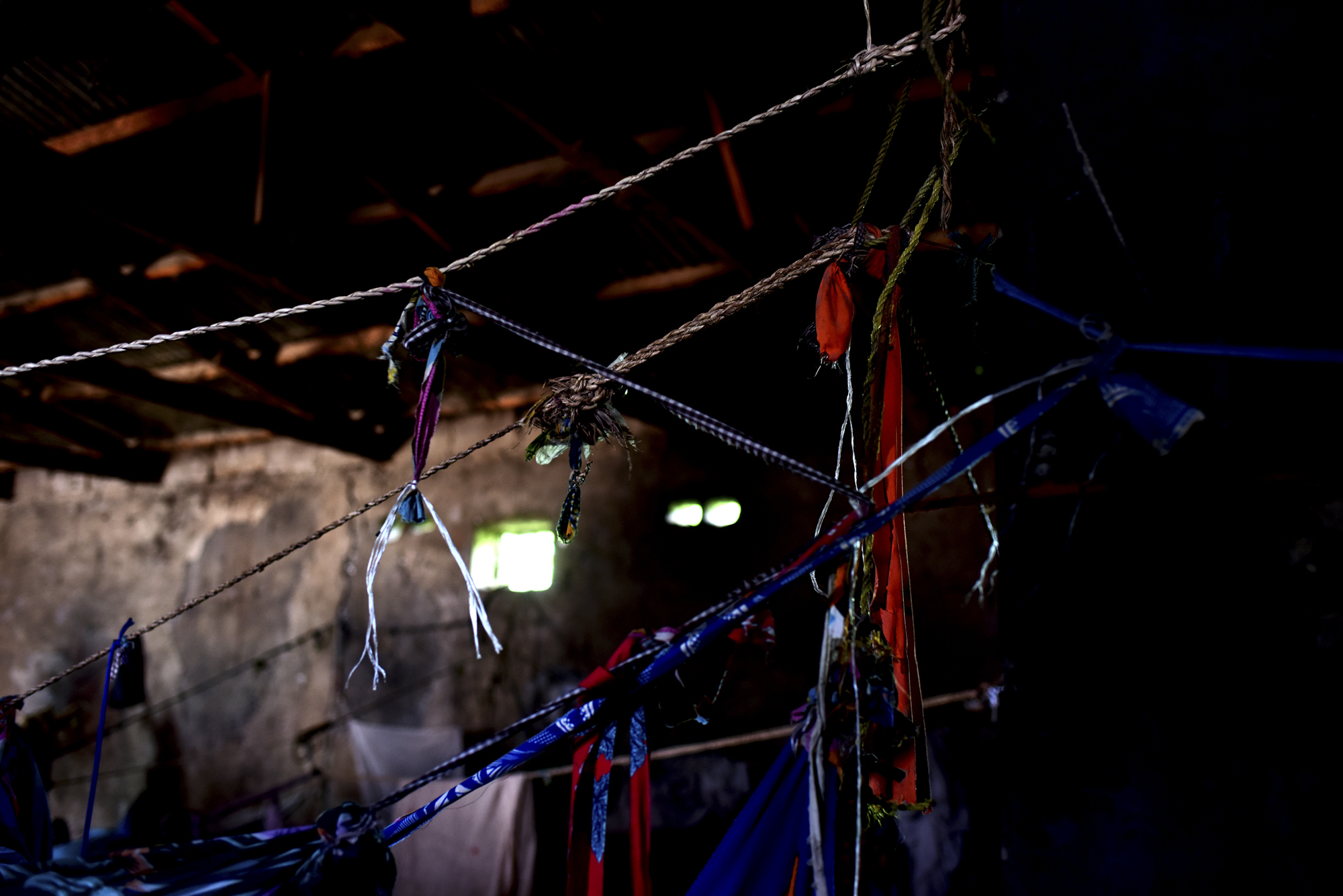TITLE: LAKE CHAD CHRONICLES
MEDIA: Photographs
YEAR: 2017 - 2022
LOCATION: CHAD, CAMEROUN, NIGER, NIGERIA
MEDIA: Photographs
YEAR: 2017 - 2022
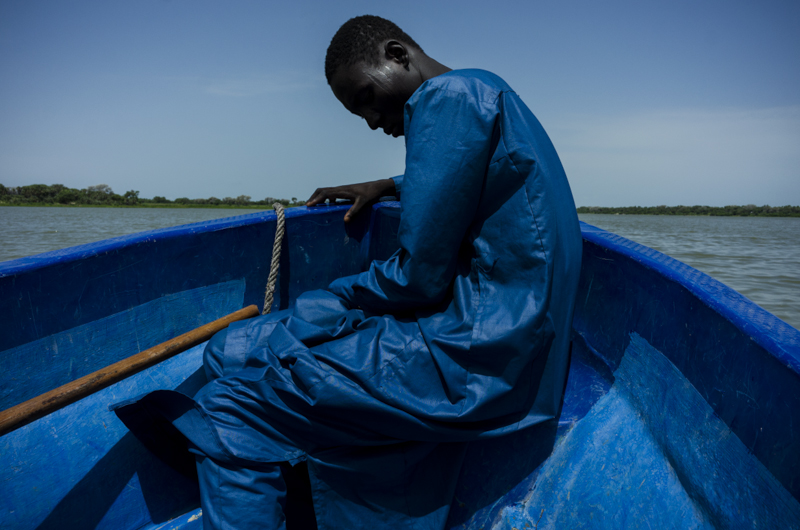
In the heart of Afica there is a region that crosses eight countries, encompassing most of Chad and a large part of Niger, that has never been truly conquered or controlled. There is a historical record here that spans millennia, creating a complex web of humanity. The Lake Chad Basin has been a source of life, resilience and prosperity, and alternatively a center of conflict and poverty, for the surrounding area. It once sat as the heart of the powerful Kanem-Bornu empire (800 - 1900 AD).
The unique freshwater body was punctuated with thousands of islands that drew peoples from the Sahel and coastal regions for centuries to feed off the luxurious waters and the life that sprang from it.
The years have led to a perplexing decline, influenced by colonization, globalization and climate impact. Since 2009, the parts of Nigeria, Niger, Chad and Cameroon bordering Lake Chad, home to more than 17.4 million people, have been locked in crisis.
Overlapping conflict of religion and politics have developed into a theatre of poor governance, endemic corruption, serious environmental degradation and seemingly endless violent conflict between state security forces and armed opposition groups. Persistent human rights violations from governments and armed opposition groups have fragmented social bonds among families, ethnic groups, and between displaced people and host communities and made it harder for people to cope with and adapt to climate impacts. It is additionally aggravating the political and economic conditions that gave rise to the violence in the first place, undermining efforts to break the conflict trap.
The unique freshwater body was punctuated with thousands of islands that drew peoples from the Sahel and coastal regions for centuries to feed off the luxurious waters and the life that sprang from it.
The years have led to a perplexing decline, influenced by colonization, globalization and climate impact. Since 2009, the parts of Nigeria, Niger, Chad and Cameroon bordering Lake Chad, home to more than 17.4 million people, have been locked in crisis.
Overlapping conflict of religion and politics have developed into a theatre of poor governance, endemic corruption, serious environmental degradation and seemingly endless violent conflict between state security forces and armed opposition groups. Persistent human rights violations from governments and armed opposition groups have fragmented social bonds among families, ethnic groups, and between displaced people and host communities and made it harder for people to cope with and adapt to climate impacts. It is additionally aggravating the political and economic conditions that gave rise to the violence in the first place, undermining efforts to break the conflict trap.

